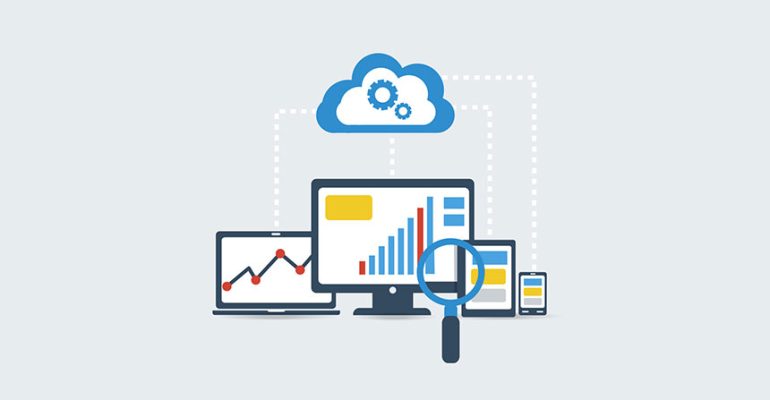
Unleashing the Potential of a Sales Pipeline
A well-structured and efficiently managed sales pipeline is a critical component of any successful sales strategy. A sales pipeline represents the systematic process through which leads progress from initial contact to becoming loyal customers. We will explore the concept of a sales pipeline, its importance in sales management, and how to optimize its effectiveness to drive revenue and achieve sales goals.
A sales pipeline is a visual representation of the sales process, outlining the stages that potential customers move through as they progress towards making a purchase. It typically includes stages such as lead generation, qualification, proposal, negotiation, and closing. Each stage represents a specific milestone in the buyer’s journey and allows sales teams to track and manage the progress of leads.
Importance of a Sales Pipeline
A well-defined sales pipeline offers numerous benefits for sales organizations:
- Clarity and Focus: A sales pipeline provides clarity and structure to the sales process, ensuring that sales professionals are aligned and focused on progressing leads towards closing deals.
- Sales Forecasting: By tracking the progress of leads at each stage, sales managers can generate accurate forecasts of future sales revenue, helping with budgeting, resource allocation, and goal setting.
- Identifying Bottlenecks: A sales pipeline highlights potential bottlenecks and areas of improvement in the sales process. It allows for early detection of issues and enables sales teams to take proactive measures to address them.
- Efficient Resource Allocation: With a clear overview of the pipeline, sales managers can allocate resources effectively based on the specific needs of each stage. This ensures that the right amount of time and effort is dedicated to each lead, maximizing efficiency.
- Performance Tracking: A sales pipeline enables performance tracking at both the individual and team levels. It provides visibility into key metrics, such as conversion rates, average deal size, and sales velocity, allowing for performance evaluation and continuous improvement.
Then How to Optimizing the Sales Pipeline ?
To maximize the effectiveness of your sales pipeline, consider the following strategies:
- Define Clear Stages: Clearly define the stages of your sales pipeline, ensuring that they align with your specific sales process. Each stage should have defined criteria and actions that signify the progression of a lead to the next stage.
- Qualify Leads Effectively: Implement a robust lead qualification process to ensure that only qualified leads enter the pipeline. This ensures that your sales team focuses their efforts on leads with the highest potential for conversion.
- Regularly Review and Update: Continuously review and update your sales pipeline to reflect changes in your sales process, market dynamics, or customer preferences. Regularly assess the effectiveness of each stage and make necessary adjustments to improve efficiency.
- Leverage Sales Tools: Utilize sales tools and customer relationship management (CRM) software to streamline and automate the management of your sales pipeline. These tools can help track leads, monitor progress, and generate insightful reports and analytics.
- Foster Collaboration: Encourage collaboration and communication among sales team members at each stage of the pipeline. Clear communication and sharing of information help to identify and address challenges, facilitate knowledge sharing, and increase overall sales performance.
Monitor and Analyze Metrics
Regularly monitor and analyze key metrics related to your sales pipeline. This includes conversion rates, average deal size, length of sales cycle, and win/loss ratios. These metrics provide valuable insights into the health of your pipeline and help identify areas that need improvement. Analyzing these metrics can guide strategic decision-making and drive continuous optimization.
A well-managed sales pipeline is essential for driving revenue and achieving sales objectives. By understanding the sales pipeline’s purpose, optimizing its stages, leveraging sales tools, fosteringcollaboration, and monitoring key metrics, businesses can maximize the effectiveness of their sales efforts. A robust sales pipeline provides clarity, improves forecasting accuracy, identifies bottlenecks, optimizes resource allocation, and enables performance tracking. Embrace the power of a sales pipeline as a roadmap to success and propel your sales team towards achieving and exceeding their targets.

